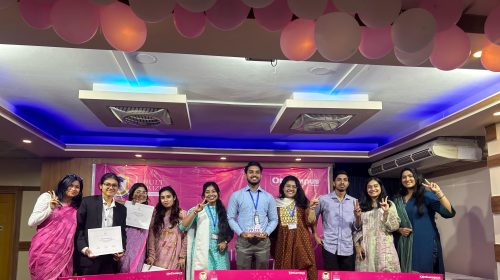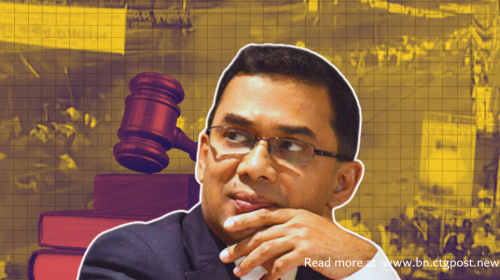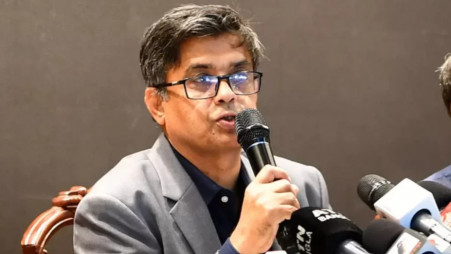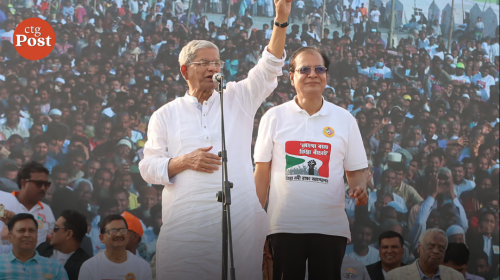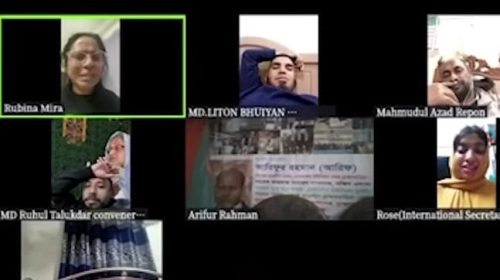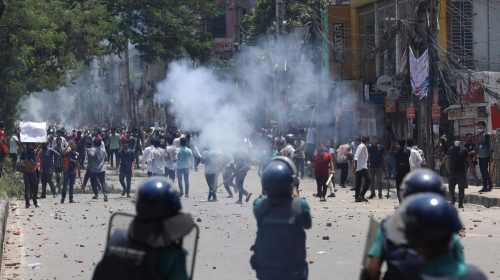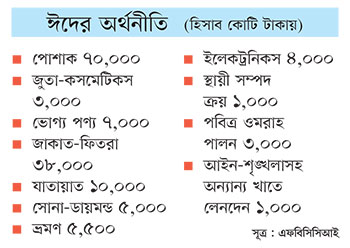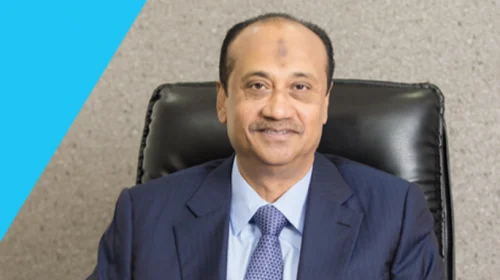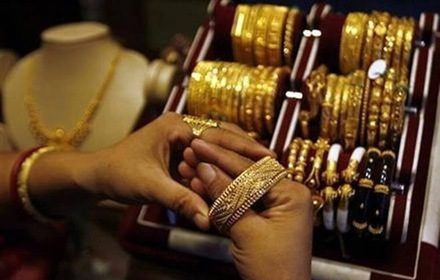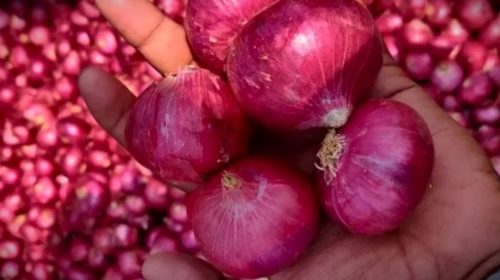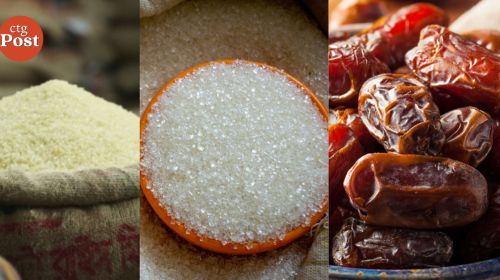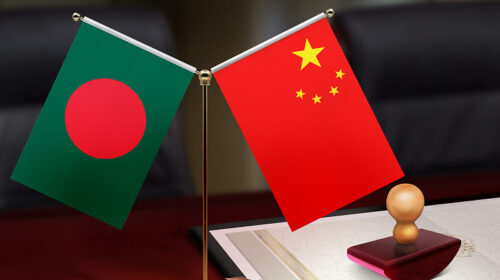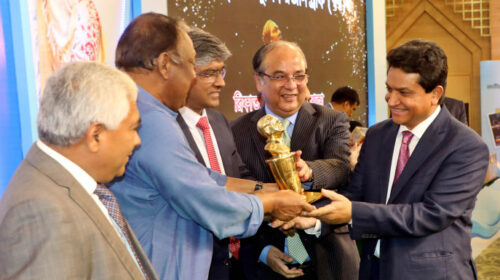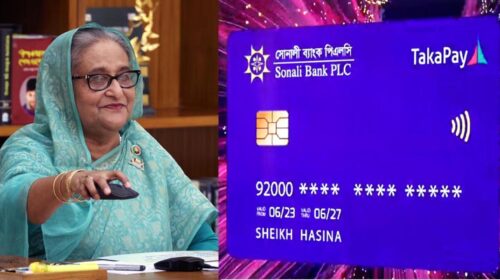Eid Bazaar has returned to normal after two years of overcoming the effects of Corona epidemic. Traders are hoping that this time around Eid, there will be at least 1.5 lakh crore shopping across the country. They will be able to compensate for the loss of the last two years.
And economists say that this year’s Eid trade will revive the country’s stagnant economy.The total number of households in the country is three crore 93 lakh 30 thousand. Of these, 2 crore 82 lakh 60 thousand families live in villages and 1 crore 10 lakh 70 thousand families live in cities. According to various public and private observations, Eid shopping starts from the first week of Ramadan. Gone until a week after Eid. During these four-five weeks, most of the people in the country buy food and wear some fancy products. Everyone buys something according to their ability.
Clothing is at the top of Eid shopping. After that shoes-sandals, lungi-genji-towels. Among the food products are semai-sugar, meat, sweets, groceries. Cosmetics, electronics, TVs, mobiles and other products are also bought on the occasion of Eid. Many people buy gold jewelry and home furniture because the sale of these products increased more than usual on Eid.
Apart from this, people also spend money on tourism during Eid holidays. Concerned people say that a middle class family spends a minimum of five to ten thousand rupees around Eid. This figure increases according to affordability.Economists say that if the market is caught with Eid shopping, the transaction will not be less than one lakh 25 thousand crore. The maximum transaction can be around two lakh crore. And this time various types of socio-cultural organizations including political parties are organizing Iftar party. This is also a positive aspect for the economy. Traders say the surplus will be added to food, clothing, entertainment and transportation. Bonuses for various categories of workers including government employees, shop workers, garment and textile workers will also be added to this economic activity. Due to the huge amount of money being exchanged in different sectors around the festival, the economic activities have already gained momentum.
According to the FBCCI, the apex body of traders, 60,000 to 70,000 crore in the garment sector including Eid, 3,000 crore in footwear and cosmetics, 7,000 crore in consumer goods, 37,000 crore in zakat-fitra and charity, and 10,000 crore in the travel or communication sector. Gold-diamond five thousand crore, travel sector five and a half crore, electronics four thousand crore, fixed assets purchase one thousand crore, holy Umrah three thousand crore, law and order and other sectors one thousand crore transactions.
Professor Mostafizur Rahman, Honorary Fellow of the Center for Policy Dialogue (CPD), a research institute, told Kaler Kanth that the two Eids of the year play an important role in boosting the country’s economy. Eid-ul-Fitr focuses on clothing, food products, cosmetics, zakat-fitra; Similarly, Eid-ul-Adha surrounds the animal market as the economy freezes. Due to Corona, the economy has been booming for the last two years. This time around Eid Bazaar, the country’s economy is getting stronger and more dynamic.Apart from this, remittances sent by expatriates will also be added to the Eid economy. Because during Eid, expatriates send money to meet the additional expenses of their relatives.
Helal Uddin, president of the Bangladesh Shop Owners’ Association, told Kaler Kantha, citing his own survey, “This time, an additional transaction of Tk 150,000 crore will be added during Ramadan.” According to his calculations, Rs 60,000 crore will be added to the garment market. 26 to 30 thousand crore will be added to the daily commodity market. 37 to 40 thousand crore will be added for zakat and fitra given by the rich. An additional Tk 650 crore will be added to the transport sector. Tk 4,500 crore will be added to the travel and entertainment sector centering on Eid-ul-Fitr. Apart from this, bonuses of 12.5 lakh government officials and employees, 6 million employees of private sector shops, 8 million workers of readymade garments and textile sector will be added to the Eid economy.
M Mashroor Riaz, chairman of Policy Exchange of Bangladesh, a research institute, told Kaler Kanth, “Export income has increased by 32 to 33 percent. The country’s domestic market has already recovered. However, due to the rise in commodity prices, low-income people will be in some crisis.



